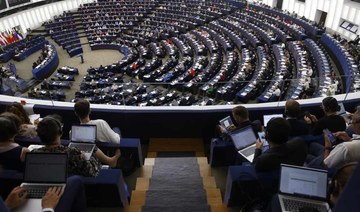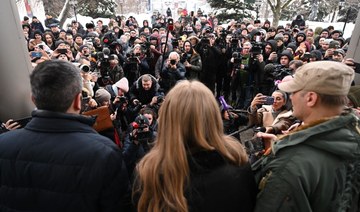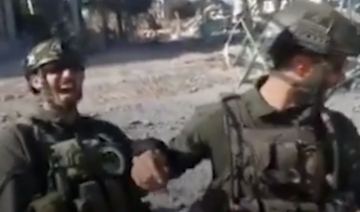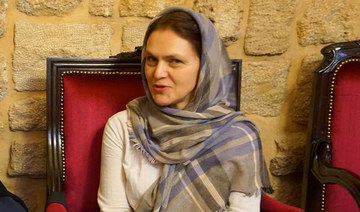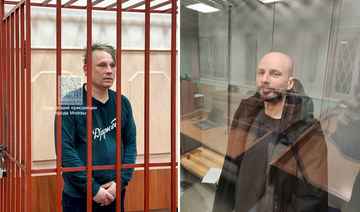DUBAI: Messenger Kids, Facebook’s chat app for children under 13, is to be rolled out in 20 countries across the Middle East and North Africa region.
The app, first launched in the US at the end of 2017, will be available in Algeria, Bahrain, Egypt, Iran, Iraq, Jordan, Kuwait, Lebanon, Libya, Morocco, Oman, Palestine, Qatar, Saudi Arabia, Sudan and South Sudan, Syria, Tunisia, the UAE, Yemen and Turkey.
The timing of the extended launch coincides with more children staying at home due to school closures as a response to the coronavirus disease (COVID-19), with parents turning to technology to educate and entertain their kids.
The app does not require children who use it to have a Facebook account; parents are required to download the app on their child’s device and authenticate it via their own account.
Facebook said: “Parental control is at the heart of Messenger Kids. Parents can control and monitor their child’s activity in the app through the Parent Dashboard, located in the parent’s Facebook app.”
The dashboard includes the ability to monitor recent contacts, chat history, and reported and blocked contacts, and lets parents See a log of images and videos in chats — and to remove inappropriate media from their child’s chat and report it.
It also enables parents to set up a sleep mode, temporarily disabling its use, and has a feature that allows them to add or remove contacts, or accept and reject contact applications, from other accounts.
A remote logout service also allows parents to see other devices their child is using, and they can also download messages, images, contacts and videos from the Messenger Kids app to their own account.
Parental access and control of children’s use of the app has been critical ever since its initial rollout in 2017.
In October 2018, a coalition of 17 public health advocacy groups filed a complaint to the US Federal Trade Commission to investigate and take action against Facebook for violations of the Children’s Online Privacy Protection Act (COPPA).
In the complaint, it was claimed that the parental consent mechanisms in the app did not meet COPPA’s requirements, as it was found “fictional” parental accounts could be created to approve children’s activities, leaving the system open to manipulation — something Facebook disputes.
In July 2019, meanwhile, a bug in the app that allowed users to enter group chats with unapproved strangers, despite the parental controls, was identified, which Facebook amended after notifying parents. When Facebook found out that children could enter group chats with individuals that weren’t approved by their parents, it turned off the affected chats and notified the parents.
Facebook, however, asserts that Messenger Kids is designed to be compliant with COPPA. Furthermore, there are no ads in Messenger Kids and the child’s information isn’t used for ads.





